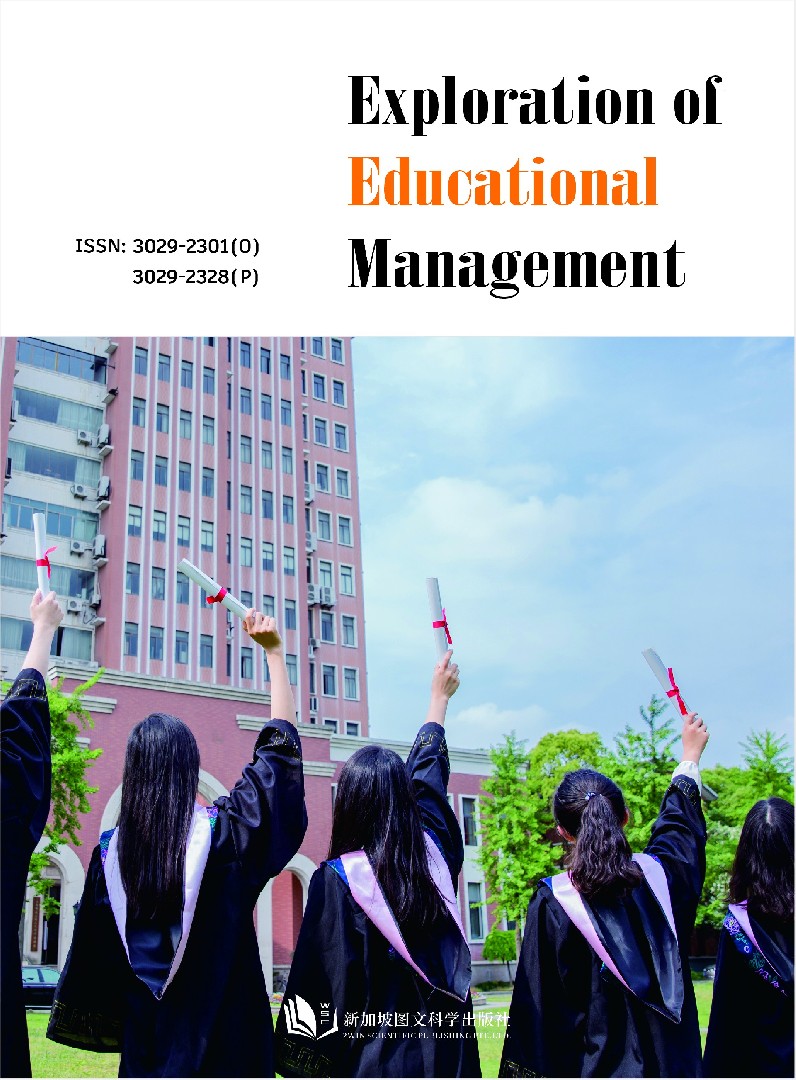作者
Lan Liang,Ling Bai
文章摘要
Abstract: This paper analyzes the English translation of Pai Hsien-yung’s root-seeking novel Taipei People and its socio-cultural phenomena. Employing Pierre Bourdieu’s theoretical apparatus, including the concepts of habitus, field, and forms of capital, this research dissects the social dynamics and translation practices that influence the novel’s English rendition. Pai Hsien-yung’s translational habitus, shaped by his authorial perspective and deep understanding of the source text, played a central role in determining the translation strategies. During this process, Pai Hsien-yung’s cultural capital, social capital, and symbolic capital dominated the translation field. Meanwhile, Yasin and Kao enriched the process with their own cultural and social capitals, which influenced the portrayal of the text and its reception among English-speaking audiences. The English translation of Taipei People is not only a dissemination of cultural and artistic works but also a process of root-seeking and identity construction. Through translation, the work is able to resonate with Chinese people worldwide, and promote the spread and influence of Chinese literature worldwide.
文章关键词
Keywords: Sociology of Translation; Root-Seeking; Taipei People; Bourdieu; Habitus; Capital; Field
参考文献
[1] Bassnett, S. Translation Studies[M]. Shanghai: Shanghai Foreign Language Education Press, 2004.
[2] Bourdieu, P. Distinction: A social critique of the judgment of taste[M]. Cambridge, Mass.: Harvard University Press, 1984.
[3] Bourdieu, P. The logic of practice[M]. Stanford: Stanford University Press, 1990.
[4] Bourdieu, P.and Loic J. D. Wacquant. An invitation to reflexive sociology[M]. Chicago: University of Chicago Press, 1992.
[5] Chesterman, A. Bridge Concepts in Translation Sociology[A]. In Michaela Wolf and Alexandra Fukari (eds.). Constructing a Sociology of Translation[C]. Amsterdam/Philadelphia: John Benjamins Publishing Company, 2007: 171-183.
[6] Pai Hsien-yung. The Collected Works of Pai Hsien-yung: Taipei People [M]. Flower City Publishing House, 2000.
[7] Bai, Xianyong. The people of Taipei: a Chinese-English comparison [M]. Guangxi Normal University Press,2013.
[8] Fu Lizhong. A Dialogue between Pai Hsien-yung and Fu Lizhong: From Taipeier to New Yorker [M]. Nine Songs Publishing House Limited, 2010.
[9] Han Shaogong. The Roots of Literature[J]. Shanghai Literature,1985, (2), 4-10.
[10] Li Xulin. The History, Style and Path of Translation of Taiwanese Literature by American Sinologists[J]. Journal of Jilin Normal University: Humanities and Social Sciences Edition, 2016, 44(5):7.
[11] Liu J, Pai Hsien-yung. All my preparations are for China's renaissance - An interview with Pai Hsien-yung[J]. World Chinese Literature Forum, 2017,(04):87-96.
[12] Liu J. Pai Hsien-yung Studies in Mainland China:1979-2000[J]. Chinese Literature, 2001,(01):72-77.
[13] Liu, Jun. Compassion: A Biography of Pai Hsien-yung[M]. Flower City Publishing House,2000.
[14] Liu Xiaofeng, Hui Lingyu. Rethinking the Integration of Social Translation Theory[J]. Shanghai Translation, 2023,(01):13-18.
[15] Liu Xiaofeng, Ma Huijuan. On the Formation of Pai Hsien-yung's Inertia and Its Construction of English Translation of Taipei People[J]. Language and Translation, 2016,(01):60-66.
[16] Liu Xiaofeng, Ma Huijuan. Interpretation of the main keywords of social translation studies and their relationship[J]. Shanghai Translation, 2016,(05):55-61.
[17] Ouyang Z. Swallows before Wang Xie Tang [M]. Guangxi Normal University Press,2014
[18] Song Shizhen, Wang Hongtao. An analysis of the English translation and dissemination of Taipei People from the perspective of Bourdieu’s sociological theory[J]. Journal of Tianjin Foreign Studies University, 2017,24(04):14-20+80.
[19] Wang Baorong. A Review of the Current Situation of Social Translation Studies in China[J]. Asia-Pacific Interdisciplinary Translation Studies,2019,(01):68-78.
[20] Wang Baorong. A Review of the Construction of Disciplinary Structure and Research Framework of Social Translation Studies[J]. Journal of PLA Foreign Language College, 2017,40(05):110-118+160.
[21] Wang Jinmin. Biography of Pai Hsien-yung [M]. Young Lion Culture Business Company,1994.
[22] Wang Lingling,Xu Fuming. The Last Aristocrat: A Biography of Pai Hsien-yung [M]. Unity Publishing House,2001.
[23] Xia Zhiqing. Pai Hsien-yung on Modern Literature [M]. 1969, (3), 56-72.
[24] Xu, Minhui. Interdisciplinarity in the sociology of translation: theme, paradigm, discourse[J]. Chinese Translation, 2022, 43(1):29-38.
[25] Yuan Liangjun. The Art of Pai Hsien-yung's Novels [M]. Jilin University Press, 1991.
Full Text:
DOI
